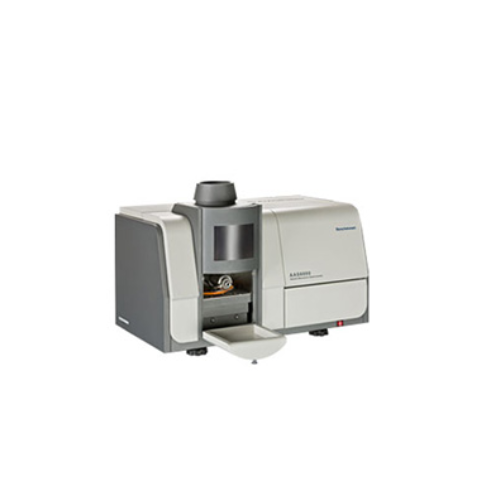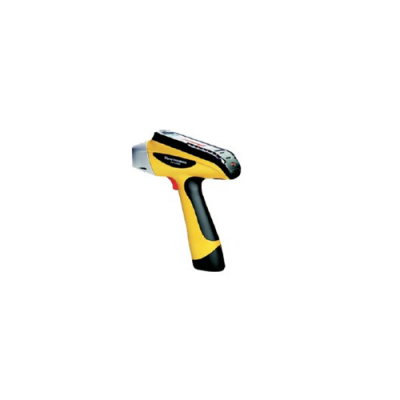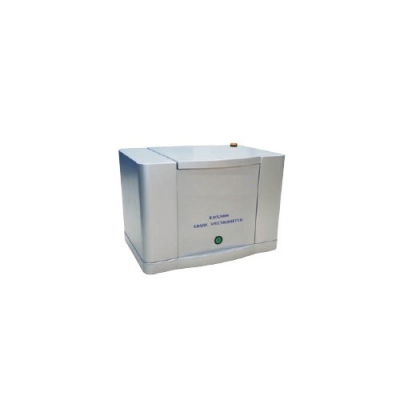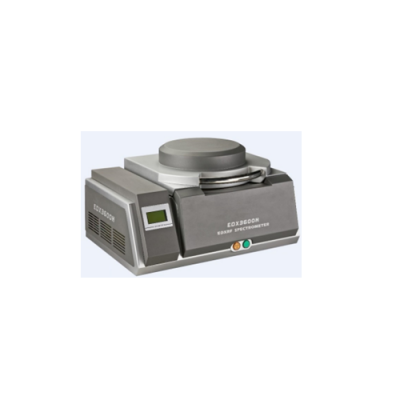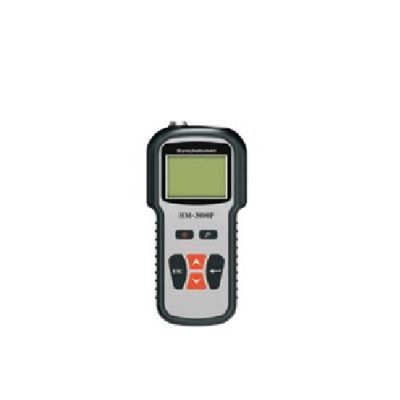Atomic Absorption Spectrometer
Atomic Absorption Spectrometer
Model ID: AAS6000
Instrument introduction
AAS6000 Series are Single Beam Atomic Absorption Spectrometers controlled and data processed by external computer and internal CPU chips. AAS6000 can be used to measure the concentration of macro, micro and trace metal elements and half-metal elements in various kinds of substances.
Atomic absorption spectrometry is a technique exploiting the fact that atoms at ground state may absorb the radiation of characteristic wavelength. As is known, the atoms are usually at ground state. For each element, the amount of energy required for an atom to transit from ground state to excited state is specific, and in general, is called characteristic wavelength. The Atomic absorption spectrometry typically makes use of hollow cathode lamp as the light source to emit the characteristic wavelength of a particular element. When the light passes through the atomic vapor, it is absorbed by the vapor. The concentration of the element can then be determined through the calculation of the absorption rate.
AAS6000 is provided with three reading methods Continuum, Retention and Peak Height for measuring absorbency, density and emission intensity. It has three signal modes: Atomic Absorption, Background Absorption and Background Correction Absorption, The reading time ranges from 0.5 s to 99s. AAS6000 include 8 computer controllable hollow cathode lamp holders. All working conditions of the instrument such as lamp number, lamp current, negative high voltage, working wavelength, slit, burner location, ignition/extinction and adjustment of burning ratio can be set by keyboard input. The functions of the instrument include automatic gain/ automatic zero, background correction, automatic energy balance, automatic peak location/wavelength scan, and automatic peak location on basis of the retrieval of peak values. All the readings, measurement results, calibration curves and operation conditions can be saved or printed out.
Performance characteristics
C2H2 monitoring; flame measurement; all reflective, aberration corrected
Fully automated instrument, total automatic operation
8 element lamps, time saved for changing lamps
Gas path safety measures, safer operation
USB interface allows you to operate the instrument conveniently and rapidly.
230nm grating blazed wavelength, multiplied sensitivity in the Ultraviolet zone
1800g /mm grating grooves, maximized resolution
Run in Windows operating system, the powerful software enables automatic qualitative and quantitative analysis. Automatic report generation in Excel format allows you to operate the instrument and process the data easily. You operation doest get any easier with our graphical interfaces.
Technical specifications
Model: AAS6000
Optical system: all-reflective single-beam CT optical path
Focal length of monochromator: 350mm, oil/water proof air compressor
Blazed wavelength of gratings: 230nm
Number of grating grooves: 1800g /mm
Wavelength range: 190nm-900nm
Wavelength accuracy: ±0.1nm
Wavelength repeatability: ±0.1nm
Spectrum bandwidth: 0.1nm, 0.2nm, 0.4nm, 0.7nm, 1.4nm
Noise: 0.005 Abs(static); 0.006 Abs(Dynamic)
Baseline drift: 0.003 Abs/0.5h; best performance
Background correction: D2 lamp + self reversal
Number of the lamps: 8
Number of preload lamps: software controlled, ≤8
Gas path safety measures: yes
Atomizer: flame atomizer
Automation: lamp / slit / wavelength / gas path / ignition / burner / safety measures / C2H2 monitoring
Standard configurations
AAS6000 Host
AAS6000 mainframe
Oil-free air compressor with lower noise
Special pressure gauge and peripheral accessories
Hollow cathode lamp
PC (brand computer, P4, LCD) 1 set
Printer (Canon, colorful ink-jet printer) 1 set
Wooden case packing and transportation
Application fields
Geology, minerals, metallurgy, steel, non-ferrous metals
Environmental analyses: air, water quality, soil and solid wastes
Petrochemical engineering, crude oil and related products, light industrial products,
Food, biomedicine and health products
Building materials (glass, ceramic, paints, etc)
Steel and non-ferrous metals analysis
Soil and solid wastes analysis
Biomedicine and health products analysis
Food analysis
INQUIRY
CATEGORIES
- Coal Testing
- Petroleum Testing
- Muffle Furnace
- Highway Instruments
- Direct Reading Spectrometer
- Abbe & Auto Refractometer
- Agricultural Instruments
- Autoclave/Sterilizer
- Weighting Balance & Scales
- Safety Cabinet & Clean Bench
- Carbon & Sulfur Analyzer
- Centrifuge
- Clinical Instruments
- Colorimeter & Color Light Box
- Dehumidifier & Humidifier
- Electrolyte Analyzer
- Electrophoresis Cell
- Freeze Dryer
- Gas Generator
- Gene Test
- Heating & Drying Oven
- Pathology Instruments
- Ice Maker
- ICP Spectrometers
- Incubators
- Infrared Thermometer
- Freezer & Refrigeration Products
- Liquid Nitrogen Container
- Biological Microscope
- Microwave Digestion & Extraction
- Mixer & Homogenizer
- Mixer & Shaker
- Moisture Analyzer
- Moisture Tester
- Oil-in-Water Analyzer
- Pack & Paper Testing
- Automotive teaching model
- Particle Counter
- Plastic Testing
- Particle Size Analyzer
- Polarimeter & Saccharimeter
- Rotary Evaporator
- Sampling Instruments
- Small Instruments
- Spectrophotometer
- Water Purifier
- Water quality detector
- XRF
- Water Testing
- AUTOMATIC TITRATORS
- Thermal Analysis
- Automatic Kjeldahl Analyzer
- TOC Analyzer
- Universal Testing Machine
- Price List of Reagents
- Fluorescence Spectrometer
- NIR Spectrophotometer
LATEST NEWS
CONTACT US
Contact: Harry
Phone: 00852-82283663
E-mail: info@lab-kits.com
Add: ROOM 1, 16F, EMPRESS PLAZA, 17-19 CHATHAM ROAD, TSIM SHA TSUI, KOWLOON, HONG KONG
